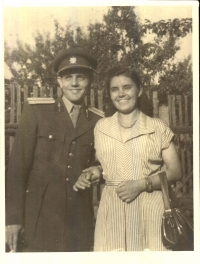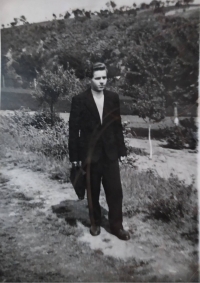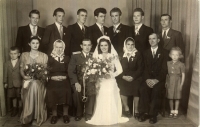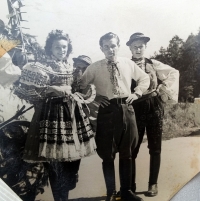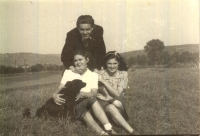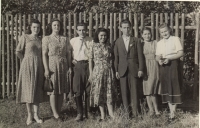It was not easy to be poor during the First Republic

Stáhnout obrázek
Jaroslav Hutárek was born on June 8, 1928 as one of eleven descendants to Maria and Josef Hutárek. He spent his childhood in Prštice in Moravia. They lived modestly but happily. They only felt real misery when Dad fell ill and were unable to provide him with adequate medical care. His father died in 1937. After his death, the family suffered serious financial problems. Among others, the local priest helped them to cope with the difficult situation. At the end of the Second World War, part of the Red Army staff settled in their cottage. She and her brother helped the soldiers in Prštice at the chateau, where they took care of the wood, but also of the dead and wounded. In his story-telling, he also recalled the bombing that took place in the immediate vicinity of their house. When the war ended, he trained as a carpenter and after basic military service he joined the army, where he remained until 1989. They often moved to work with his wife Eliška and later their daughter Dana. Eventually, they settled in Brno, where Jaroslav has lived until 2020.
